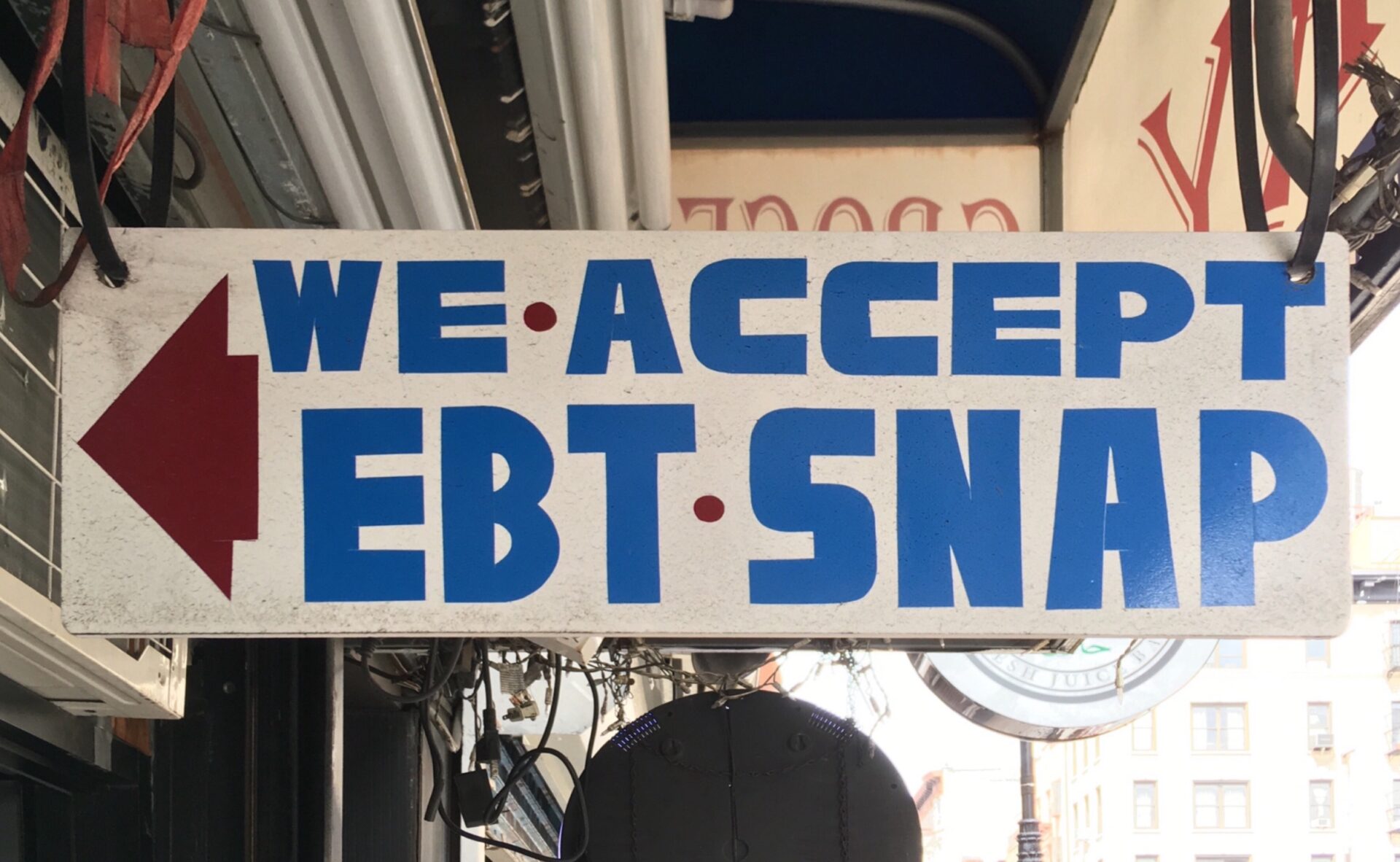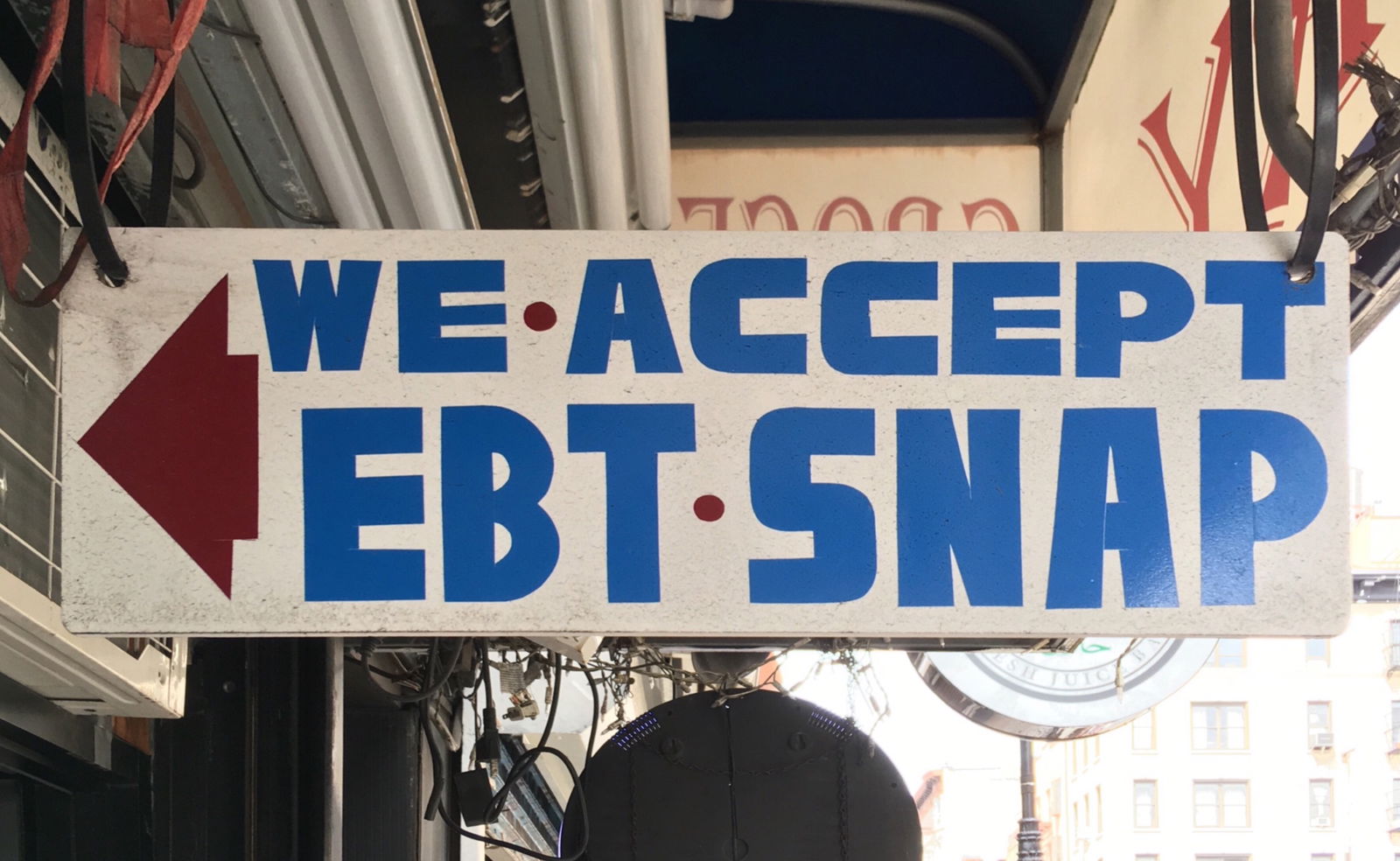
November 13, 2025
On Nov. 11, the plan was outlined in a directive to state agencies, according to The Associated Press.
The Trump administration says Supplemental Nutrition Assistance Program (SNAP) benefits in most states will be administered “within 24 hours” of the federal government reopening.
On Nov. 11, the plan was outlined in a directive to state agencies, The Associated Press reports.
The Department of Agriculture would “ensure all November SNAP benefits are issued immediately once the lapse in appropriations ends.” The guidance instructs states to prepare distribution files in advance so that a 24-hour window can be met.
Forty-two million Americans receive SNAP food aid benefits.
During the shutdown, many state agencies lacked the authority and financial means to issue new payments. The pause on disbursements created a gap in the typical distribution calendar. A few states managed to continue SNAP benefits by using emergency funds.
“Based on my review of state issuances, approximately 19 states have issued or are in the process of issuing full November benefits, and about 18 states have already issued partial benefits or they are still in the process of calculating them based on USDA guidance issued last week,” Stewart Fried, principal attorney at OFW Law in Washington, D.C., told The Hill.
The National Association of State Directors of Human Services noted that “states can run issuance files as soon as USDA gives the green light.” That will allow payments to reach electronic benefit cards soon after the federal budget is restored. There is already precedence for resuming payment: the issue arose during the 2019 government shutdown.
The Trump administration is framing the restart as a top priority, though during the government shutdown, it made multiple efforts to deny funding, going so far as to present a case to the Supreme Court in an attempt to circumvent the use of SNAP contingency funds.
Food banks and anti-hunger advocates kept a close eye on local needs during the shutdown, noting that the interruption created immediate strain in households across America. Victoria Negus, a senior economic justice advocate at the nonprofit Massachusetts Law Reform Institute, told CBS News that though funding will resume, the harm to American citizens is already done.
“You can’t eat retroactively when your SNAP was delayed.” Negus continued, “Getting your [delayed] benefits is better than never getting them at all, but it doesn’t help the harm that you experienced in the past.”
While the restart can be fast, longer delays in reopening the government risk deeper structural challenges for states that must manage staffing, verification workloads, and high-volume benefit processing.
RELATED CONTENT: Justice Ketanji Brown Jackson Grants Pause Of SNAP Benefits To Strategically Expedite Funds


